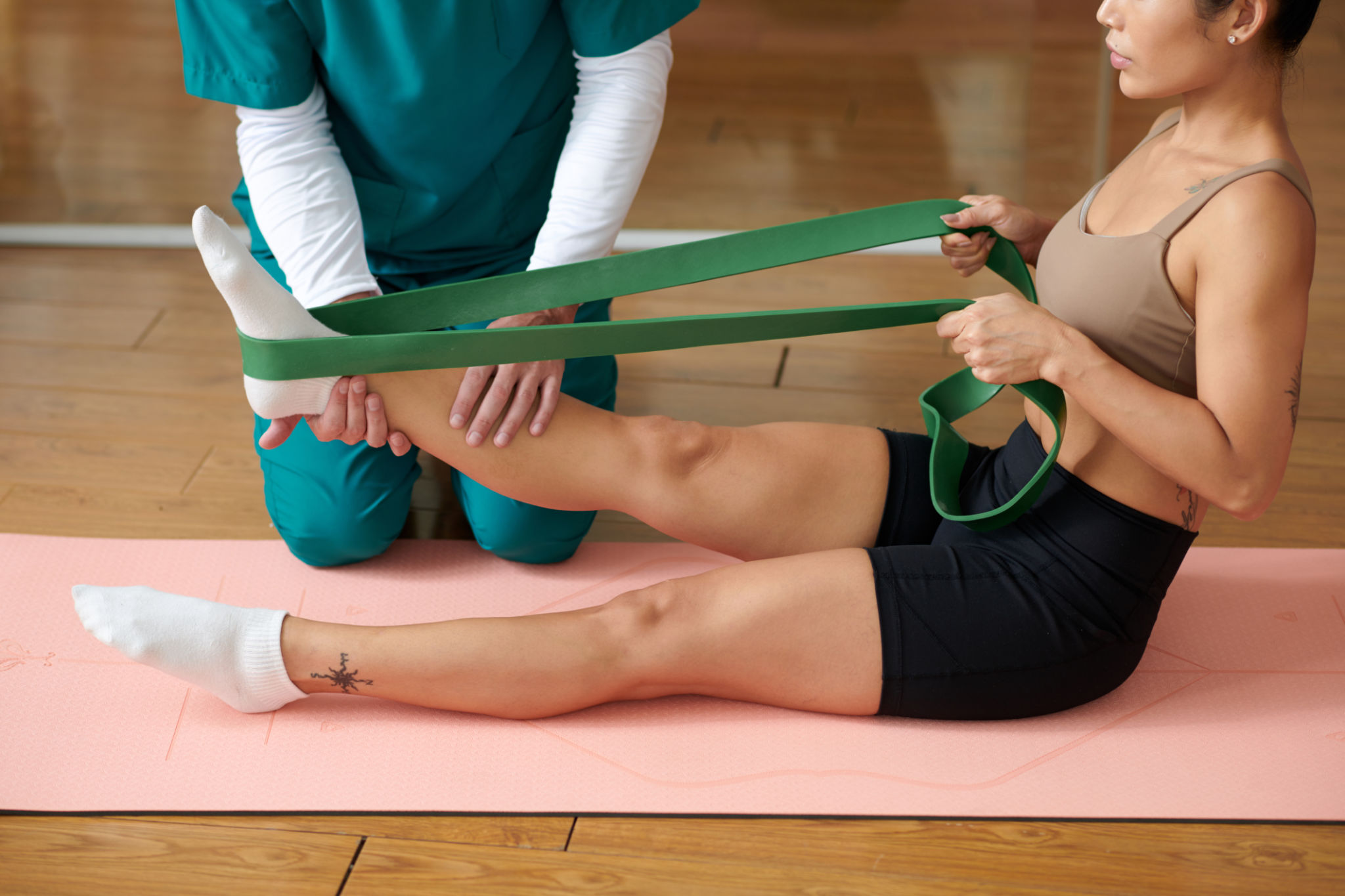A Comprehensive Guide to Women's Pelvic Health Training
Understanding Pelvic Health
Women's pelvic health is a crucial aspect of overall well-being, yet it often remains a topic that's not widely discussed. The pelvic region supports several key bodily functions, including urinary and bowel control, sexual activity, and childbirth. Understanding the importance of pelvic health can lead to improved quality of life.

Common Pelvic Health Issues
There are several common issues that women may face concerning their pelvic health. These include urinary incontinence, pelvic organ prolapse, and pelvic pain. Early identification and treatment of these issues are essential to managing symptoms and preventing further complications.
Urinary incontinence is the involuntary leakage of urine, often occurring during activities such as coughing, sneezing, or exercise. Pelvic organ prolapse involves the descent of pelvic organs into the vaginal canal, which can cause discomfort and urinary problems. Pelvic pain can be chronic and affect daily activities, often requiring medical intervention.
The Benefits of Pelvic Health Training
Pelvic health training can offer numerous benefits for women experiencing these issues. Strengthening the pelvic floor muscles can improve bladder control, reduce the risk of prolapse, and alleviate pain. Additionally, it can enhance sexual satisfaction and improve overall bodily function.

Effective Pelvic Floor Exercises
One of the most effective ways to improve pelvic health is through targeted exercises. Kegel exercises are particularly beneficial as they involve contracting and relaxing the pelvic floor muscles. This type of exercise can be done discreetly throughout the day, making it easy to incorporate into your routine.
Other exercises include squats, bridges, and leg raises. These movements not only strengthen the pelvic floor but also engage other muscle groups, promoting overall fitness. It's important to perform these exercises correctly to avoid strain or injury.
Seeking Professional Guidance
While self-guided exercises can be beneficial, seeking professional guidance from a physical therapist specializing in pelvic health can provide tailored strategies for improvement. A therapist can assess your specific needs and create a personalized plan that addresses your unique concerns.

Lifestyle Changes for Better Pelvic Health
In addition to exercises, certain lifestyle changes can support pelvic health. Maintaining a healthy weight, eating a balanced diet rich in fiber, and staying hydrated are all important factors. Avoiding smoking and limiting caffeine and alcohol consumption can also help manage symptoms.
It's also beneficial to develop good bathroom habits, such as not straining during bowel movements and emptying your bladder fully. These small changes can make a significant difference over time.
The Importance of Regular Check-Ups
Regular check-ups with your healthcare provider are essential for maintaining pelvic health. These appointments provide an opportunity to discuss any concerns you may have and ensure that any issues are addressed promptly. Don't hesitate to bring up topics related to pelvic health during these visits.

In conclusion, understanding and prioritizing pelvic health is vital for women's overall wellness. By incorporating targeted exercises, making positive lifestyle changes, and seeking professional support when needed, women can maintain strong pelvic health throughout their lives.
